Common Misconceptions About Trial Procedures in Criminal Defense: Separating Fact from Fiction
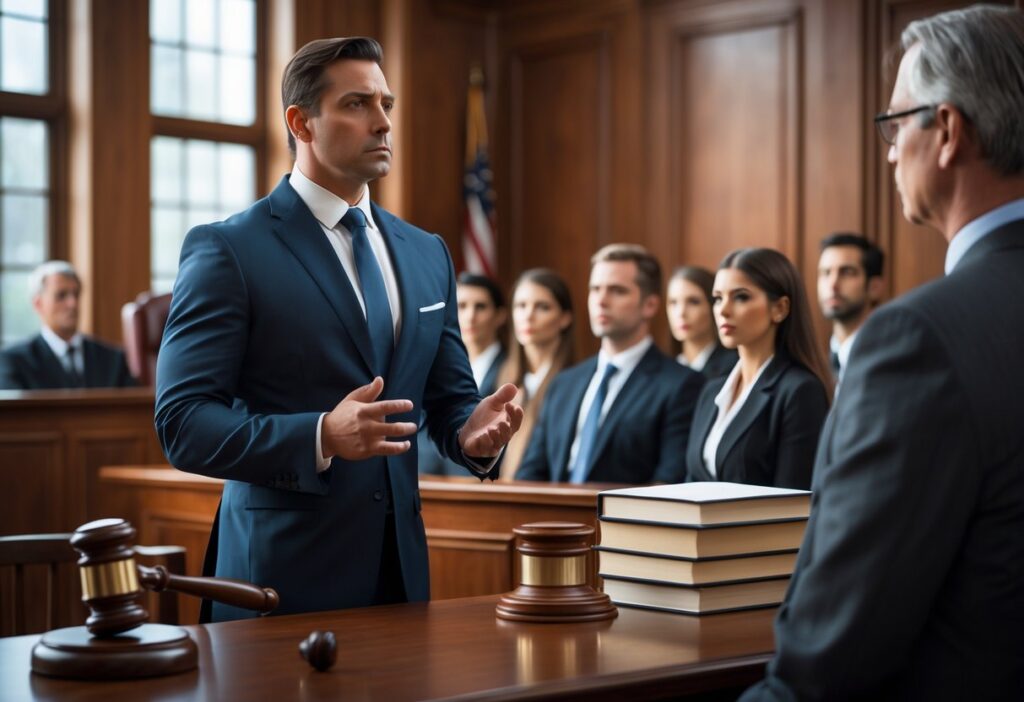
Many of us think we know how a criminal trial works from what we see on TV, but real courtrooms are very different. There are a lot of myths about criminal defense trials that can lead to confusion or even fear about what might happen. Understanding the truth behind these misconceptions can help us feel […]
Appeals Process After a Criminal Trial: Key Steps and What to Expect
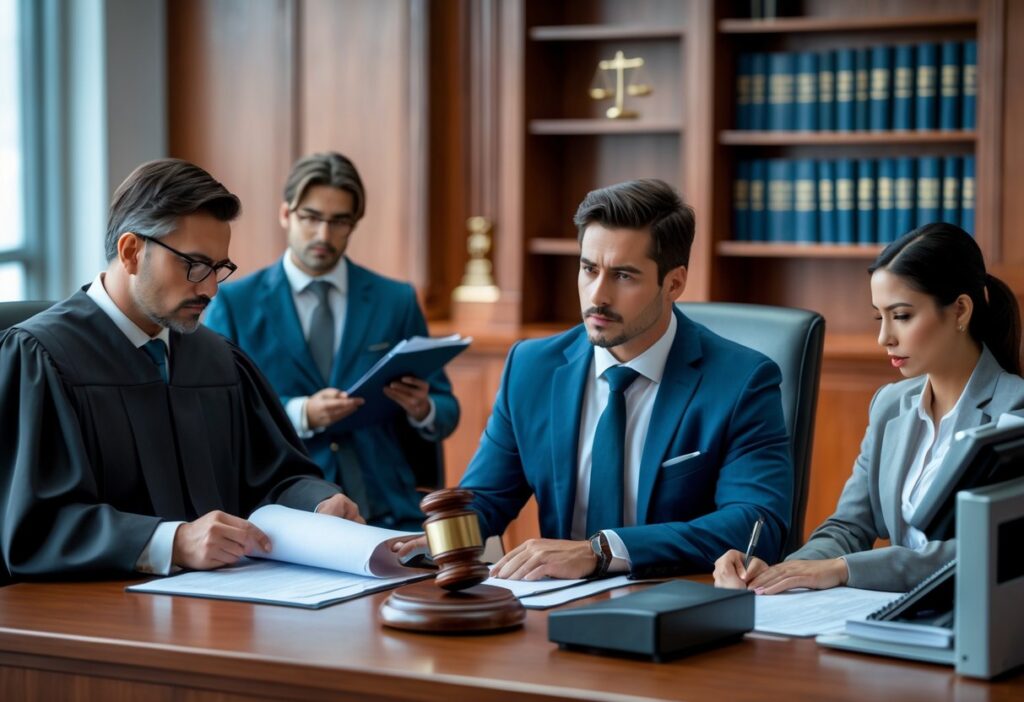
When a criminal trial ends, the case might not be over. We can challenge a court’s decision if we believe there was a mistake during the trial. This is called the appeals process, and it gives us another chance to ask for a fair result. Understanding how appeals work is important for anyone involved in […]
The Impact of Jury Instructions on Trial Outcomes: Shaping Verdicts and Legal Decisions
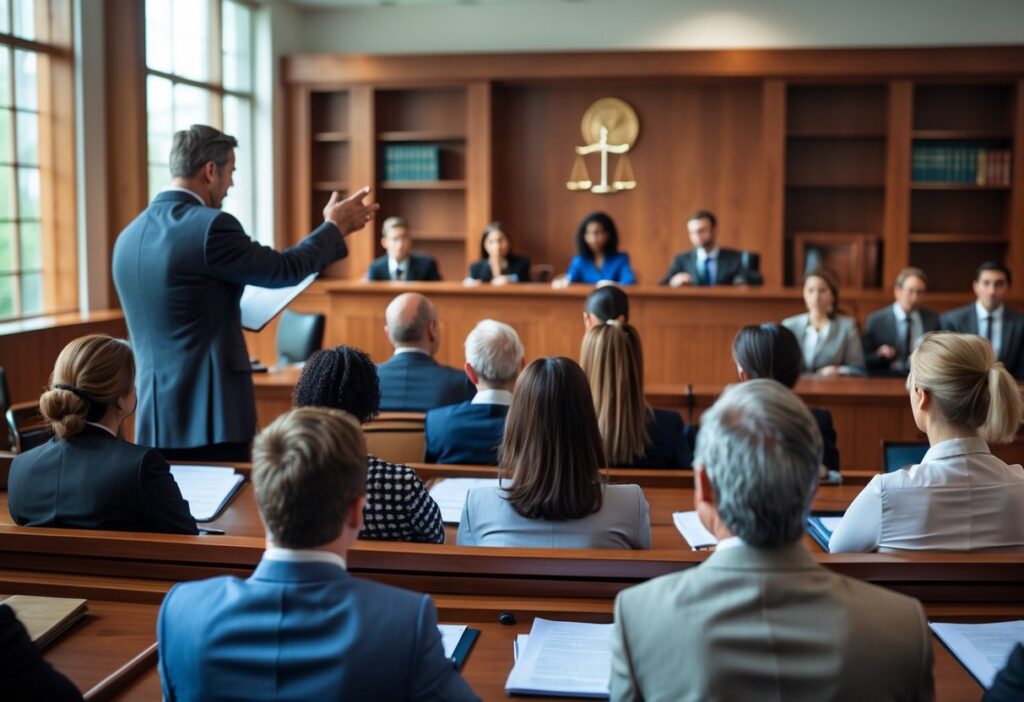
Jury instructions play a major role in shaping trial outcomes. When jurors clearly understand the instructions they receive, they are more likely to make fair decisions based on the facts. But if the instructions are confusing or incomplete, the verdict can be affected, sometimes leading to appeals or retrials. We often assume every juror knows […]
Post-Trial Motions and Their Significance: Understanding Their Role in the Legal Process
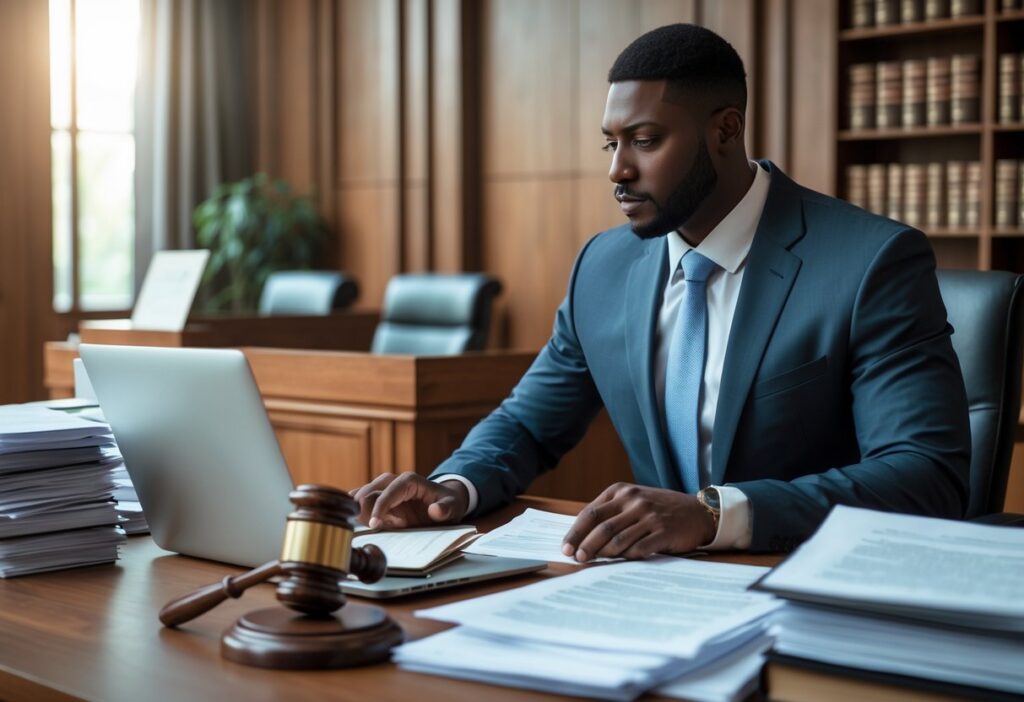
After a trial ends, the case is not always over. This is where post-trial motions become important. Post-trial motions give us a chance to challenge the outcome or fix legal mistakes before the case moves to an appeal. These motions can ask the court to reconsider its decision, order a new trial, or even change […]
Strategies for Cross-Examination of Witnesses: Key Techniques for Legal Success

Cross-examination is a key part of legal proceedings and is at the core of the adversarial system. We use cross-examination to test the truthfulness of witnesses and to clarify the facts they present. This process lets us challenge statements and show the strengths or weaknesses of the other side’s case. It is important for us […]
Closing Arguments: Key Considerations for Defense Attorneys to Maximize Jury Impact
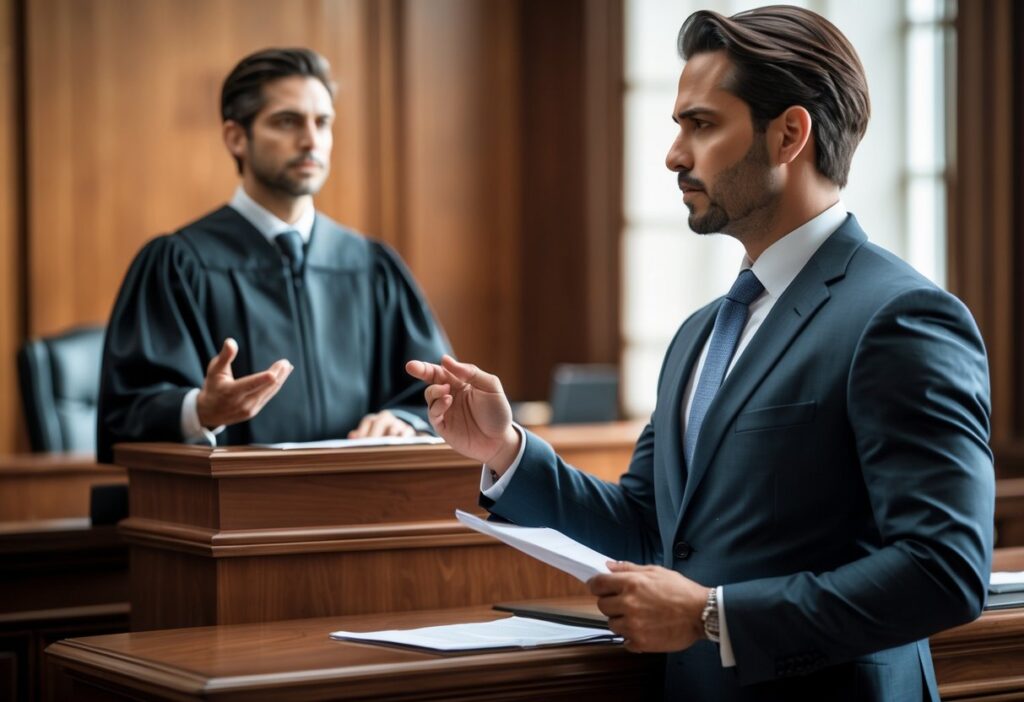
Every trial comes down to the closing arguments. As defense attorneys, our approach during this final stage can make a big difference in how the jury sees our client’s case. We need to clearly explain the main facts, address any weak points, and remind the jury of the standard of proof. A strong closing argument […]
Understanding Opening Statements in Criminal Cases: Key Elements and Strategies Explained
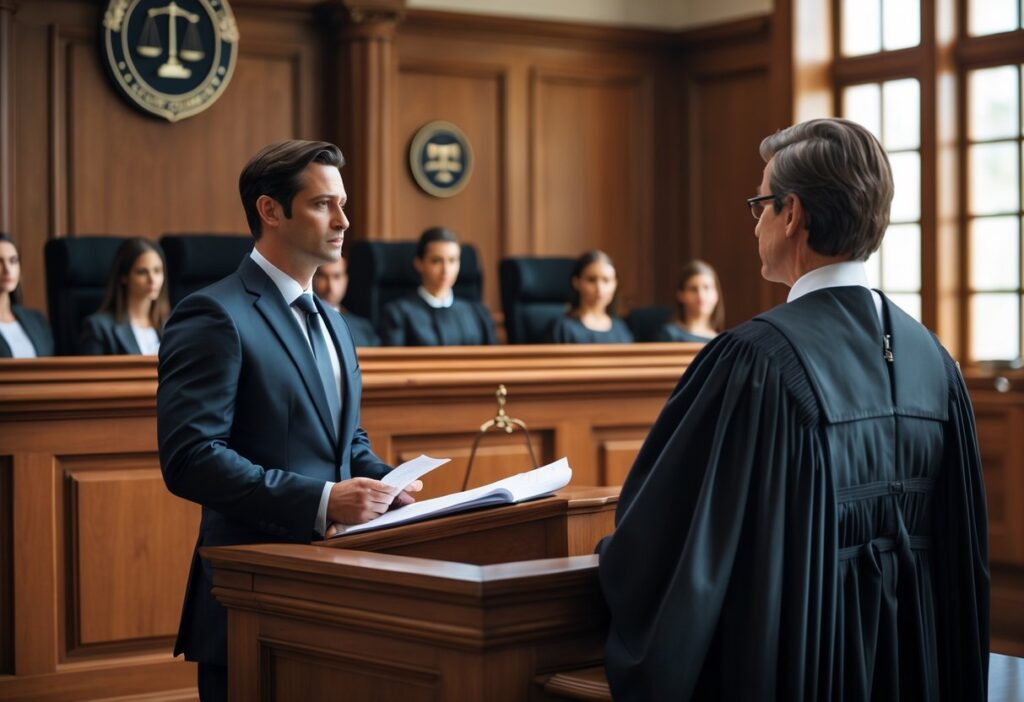
When we watch a criminal trial, the opening statements often set the stage for everything that follows. Many of us may not realize how much these first words shape what the jury thinks about the case. Understanding opening statements in criminal cases helps us make sense of the trial and see why each side chooses […]
The Importance of Evidence Presentation in Trial for Achieving Fair Verdicts
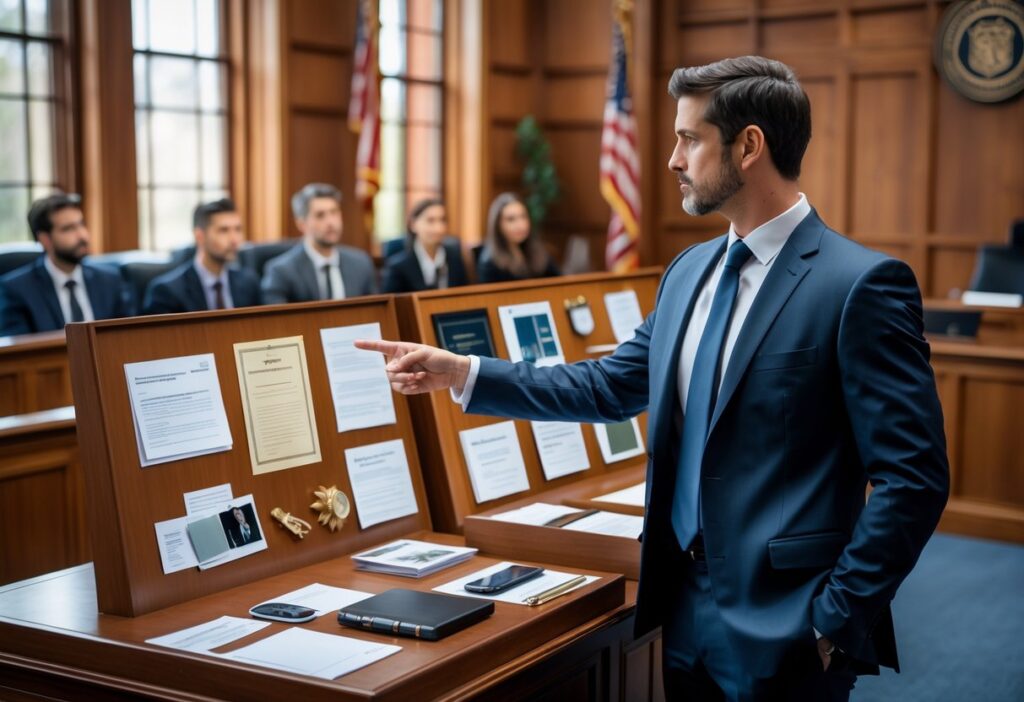
When we think about a trial, what matters most is how evidence is shown and explained. Clear and fair evidence presentation helps judges and juries understand the facts, which is key to making the right decision. If evidence is confusing or misleading, it can mean the difference between justice and a mistake. We rely on […]
Overview of Trial Procedures in Criminal Defense: Key Stages and What to Expect
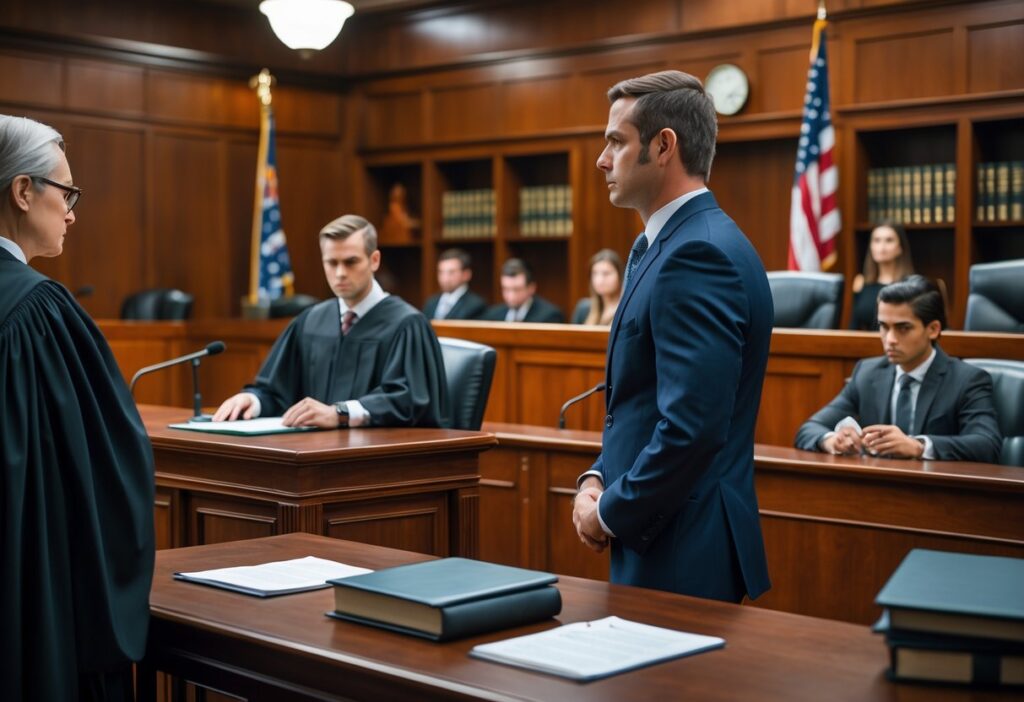
Understanding the trial procedures in criminal defense helps us see how the justice system works to protect people’s rights. We need to know each step in the criminal trial process, from choosing a jury to presenting evidence and arguments, because these details shape the outcome. The criminal justice system can seem complicated, but learning about […]
The Role of Jury Selection in Criminal Trials: Ensuring Fairness and Impartiality
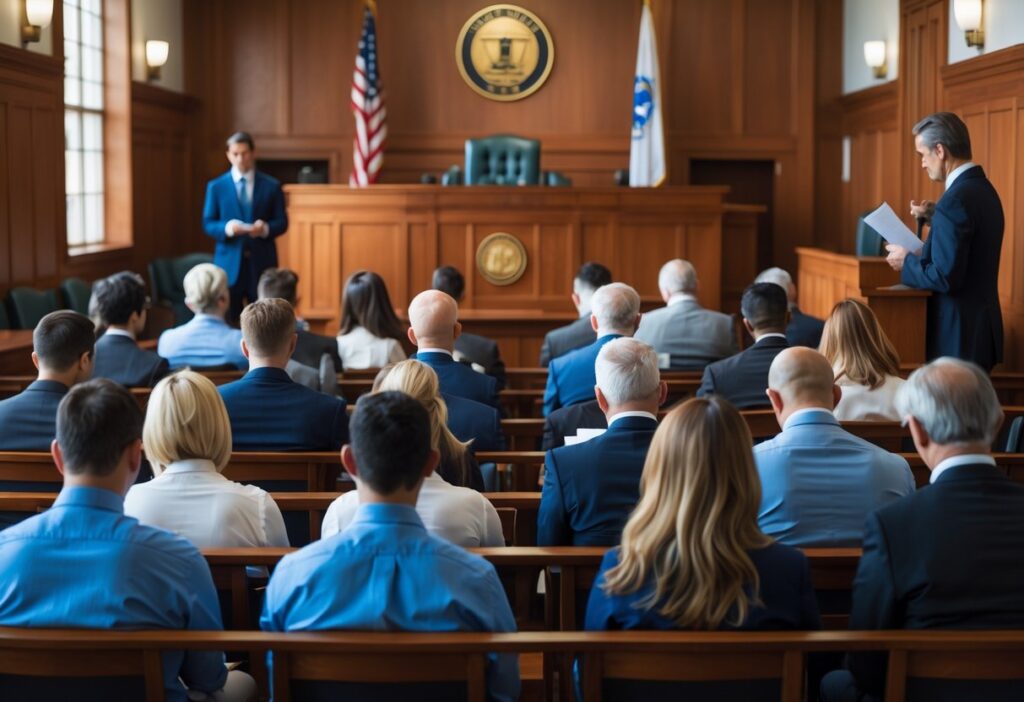
Jury selection is a crucial part of every criminal trial and shapes the outcome more than most of us realize. The process of choosing a jury helps ensure the trial is as fair as possible for both the defendant and the community. By carefully selecting jurors, we help protect our rights in the criminal justice […]